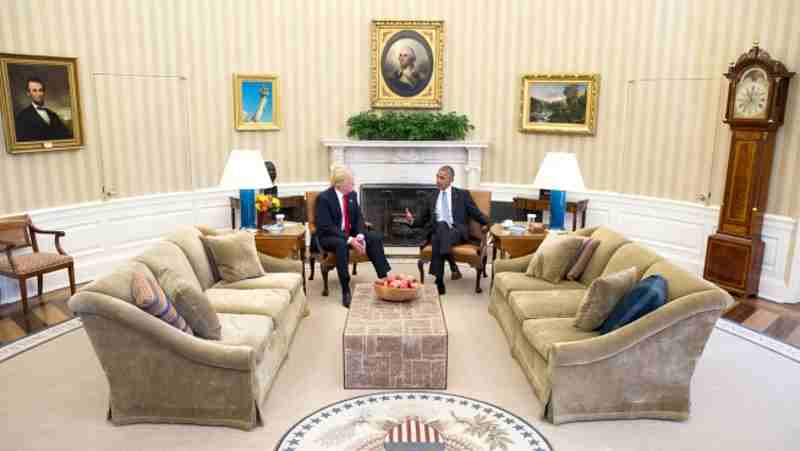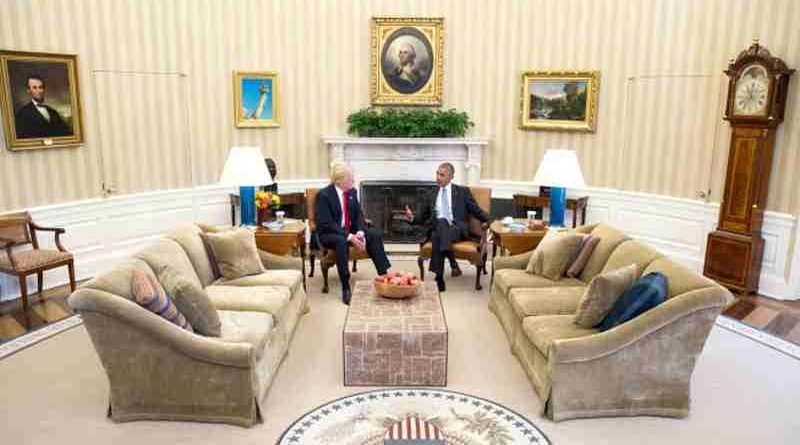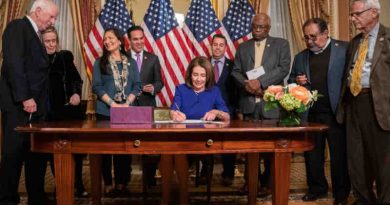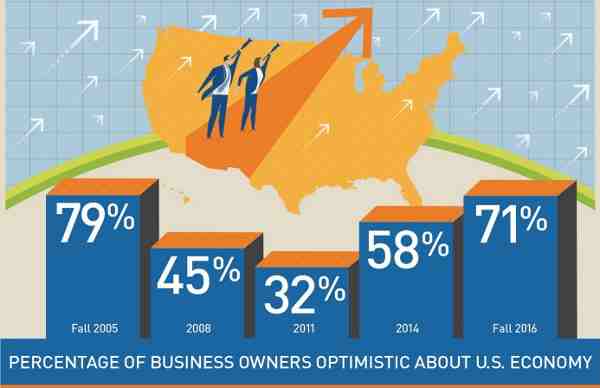U.S. Election Hacking: Intelligence Briefing to Trump Delayed. “Very strange!”

Donald Trump mocked the agencies’ decision, indicating that they need more time to cook up the information about Russian hacking.
By Rakesh Raman
In a surprise move, the U.S. intelligence agencies – which have been working on the Russian hacking case – have decided to postpone their meeting with President-elect Donald Trump.
Trump was expected to have intelligence briefings on the hacking issue by Tuesday. But the intelligence agencies working under the Obama Administration have deferred the information-sharing exercise until Friday.
Obviously, Trump was surprised. “Very strange!” he said. He mocked the agencies’ decision, indicating that they need more time to cook up the information about Russian hacking.
The “Intelligence” briefing on so-called “Russian hacking” was delayed until Friday, perhaps more time needed to build a case. Very strange!
— Donald J. Trump (@realDonaldTrump) January 4, 2017
Trump believes that Russia may not be behind the alleged election hacking, as he does not have any solid proof of it. Trump’s doubts about the intelligence findings seem genuine.
How? When the Obama Administration has already taken actions against Russia based on the feedback from the U.S. intelligence agencies, they should have instantly shared their findings with Trump. Why do they want to delay?
That simply means they will manufacture the information to convince Trump about Russian hacking, although in such a case it is almost impossible to identify the hackers.
How Hacking Happens
People who understand technology know that it is extremely difficult to know the identity and location of hackers in a cyber attack (if it happened) of this scale.
It goes without saying that hackers would use untraceable digital identities and labyrinthine proxies if they are attacking an advanced computer system like the U.S. election network.
Plus, if the Russian government was behind these attacks – as the Obama Administration claims – then it will not be possible for U.S. intelligence agencies to identify the hackers because the Russian officials would have taken extra precautions to stay behind the curtain.
Then how did Obama conclude that hacking was done by Russia? In most such cases the intelligence agencies either provide information that the political bosses want to see or their findings are so convoluted that they can be interpreted in multiple ways.
The problem with such findings is that they cannot be vetted or cross-checked by an independent agency. People will have no other option but to trust the official version. It has happened before also in the U.S.
Unfair Political Factors
A year ago, for example, Sony film ‘The Interview‘ was allegedly hacked. When FBI concluded that North Korea was behind the cyber attacks on Sony systems, the allegations of the apex investigation department were largely unfounded.
Subsequent reports revealed that there were layers on layers in the hack case which FBI failed to investigate thoroughly and pronounced its findings in haste.
Similarly, it is probable that Obama has trusted the half-baked information provided to him by the local agencies and decided to act against Russia because at this juncture it suits him politically.
Obama believes that Trump is very close to Russian president Vladimir Putin, while America has hostile relations with Russia. So, Obama wants to make things difficult for his bête noire Trump when the latter becomes the president on January 20.
Although Obama has repeatedly said that he will ensure a smooth transition, his recent decisions are supposed to adversely affect Trump presidency. Trump also has indicated that the transition is not smooth.
Thus, it appears that Obama’s actions against Russia may not be purely based on professional judgments. Rather, in all probability, his decisions are influenced by unfair political factors.
And all this confusion is being created in such a way that common Americans will never know the truth about Russian hacking, although Trump is waiting for intelligence findings.
By Rakesh Raman, who is a government award-winning journalist and runs free school for deserving children under his NGO – RMN Foundation.






